Watching Boris Johnson broadcast from self-isolation in Downing Street last month, after he tested positive for coronavirus, I was struck by how ill he looked. I had only just got out of hospital, where I was treated for the virus – and I wouldn’t wish it on anyone. Since then, the Prime Minister has gone into hospital too, on Monday being placed in an intensive care unit, and, like the rest of the country, I’m hoping he makes a full recovery soon.
It was in mid-March – around Friday the 13th – that I began feeling nauseous. I’ve had brain surgery previously, so on the Saturday I decided to self-isolate because I didn’t want to get the virus; I didn’t think nausea was a symptom. But the nausea was followed by fatigue, a temperature around day four or five, and aches and pains along with that. Soon, the fever was so bad that at night I'd have to change my pyjamas, and, as well as a cough, I had a tightness in my chest which became a strong burning. I didn’t want to waste NHS resources, so I told myself, I'll be fine.
And then the issues with my breathing started. I was in bed, but the minute I tried to get up to the couch, I realised this was not something to mess around with, and rang 111. The operator sent a paramedic to my flat in Oxford. My oxygen levels were very low, so I was taken by ambulance to Oxford’s John Radcliffe Hospital.
After tests and chest X-rays, the medics came back with the results – standing a lot further way from me, despite their protective gear. They told me I most likely had pneumonia, which I knew was a sign of the virus, but they didn’t have the capacity to test me for that. I felt I needed the test, I don’t know why exactly: I was panicked. But because I wasn’t critical, they sent me home and said, if it gets worse ring 111 again.
Mum was very worried – she wanted to fly over, but of course she couldn’t.
At least my friend and I had self-isolated together because we’re around each other so much. She was unwell too, but not as bad, fortunately; we don’t know who gave it to the other (we’ve both travelled for work). Other friends were dropping off food for us - by the time we’d reach the doorstep, their car would have already sped off!
But a few days later, I had to call go back into hospital, as my breathing had got even worse. They gave me oxygen through a full face mask, which really helped. I felt sorry for my doctor, who told me, ‘You have it. If I could test you, I would.’ However, this time I was really eager to get out - on the respiratory ward people were coughing, getting sicker, and I didn’t want to increase my exposure to the virus.
After nearly a full day in hospital, I went home with an oxygen testing device, so I’ve since been able to check my oxygen levels myself. The next morning, I said to my friend, ‘I don’t want to brag, but I feel good.’
I’m still not in full health but the difference is huge. Before, I was scared, but I was so tired that I couldn't really think of anything other than, "Just keep breathing". Now, I’m processing what's happened. My family are in Ireland and my Mum was very worried – she wanted to fly over, but of course she couldn’t. If the airport closures are on the news, I have to turn it off; it makes me emotional.
I know people are taking the virus seriously, but if you feel that your symptoms are getting worse, do seek help. You know your own body. And I wish Boris all the best. I don't think any side of the political spectrum would judge anyone for resting and recuperating after a very serious illness, to get back to their best health in order to lead the country.
As told to Emma Rowley
Life: Coronavirus 2020
 1 of 14
1 of 14Coronavirus: I’m Young And Healthy – Is It Ok To Go Out And See Friends?
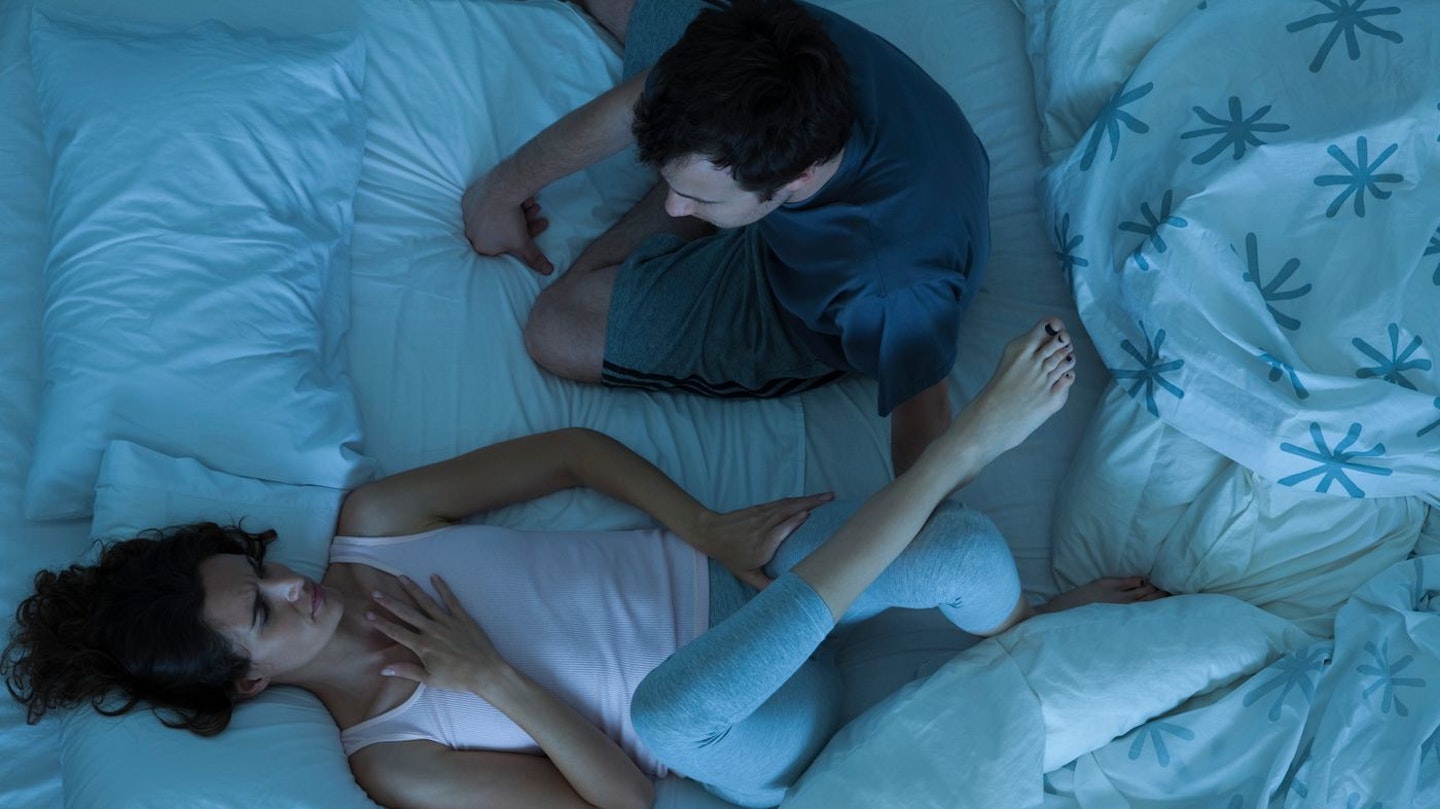 2 of 14
2 of 14I've Been With My Boyfriend For Four Months – Should I Go Into Quarantine With Him?
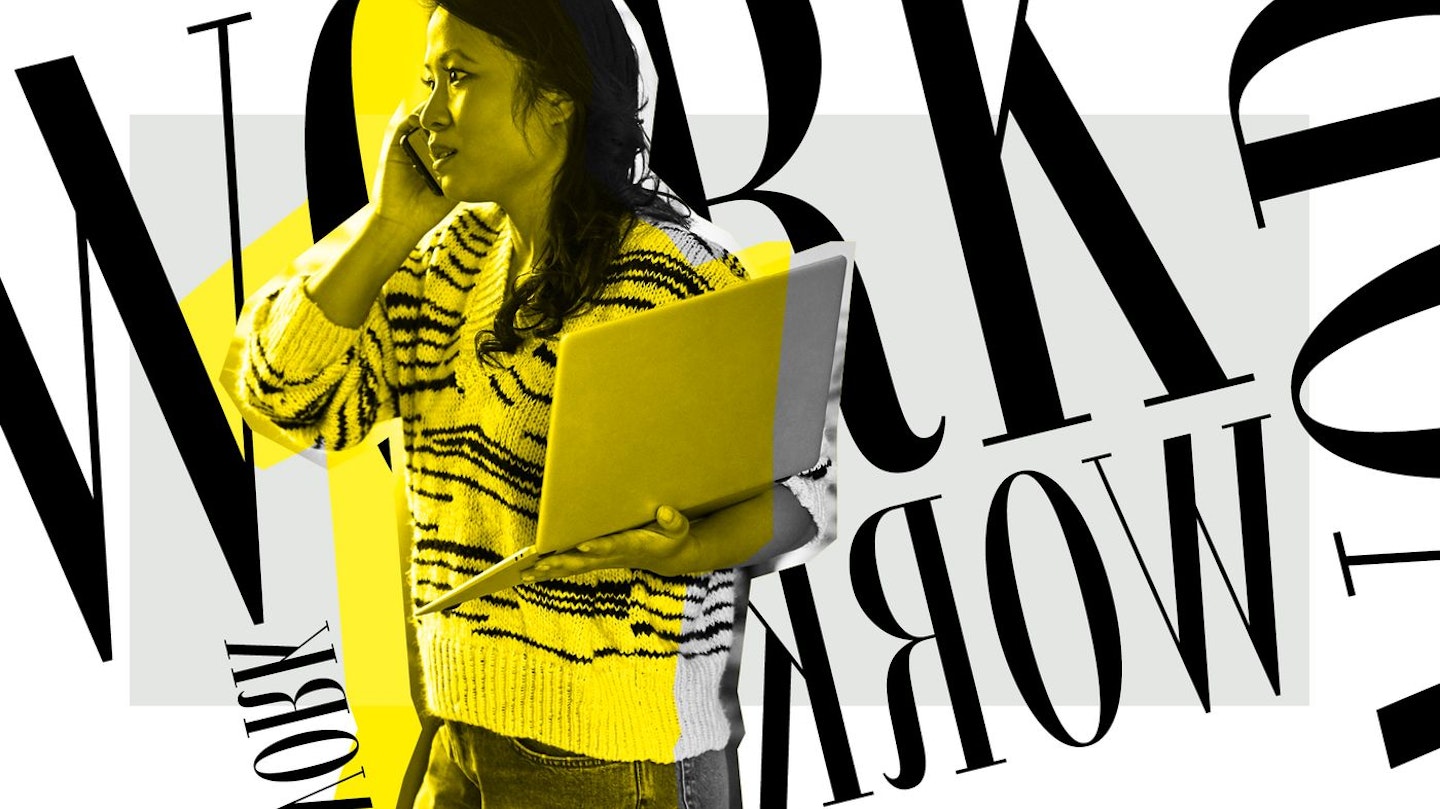 3 of 14
3 of 14Working From Home And MissIng Your Colleagues And Your Routine?
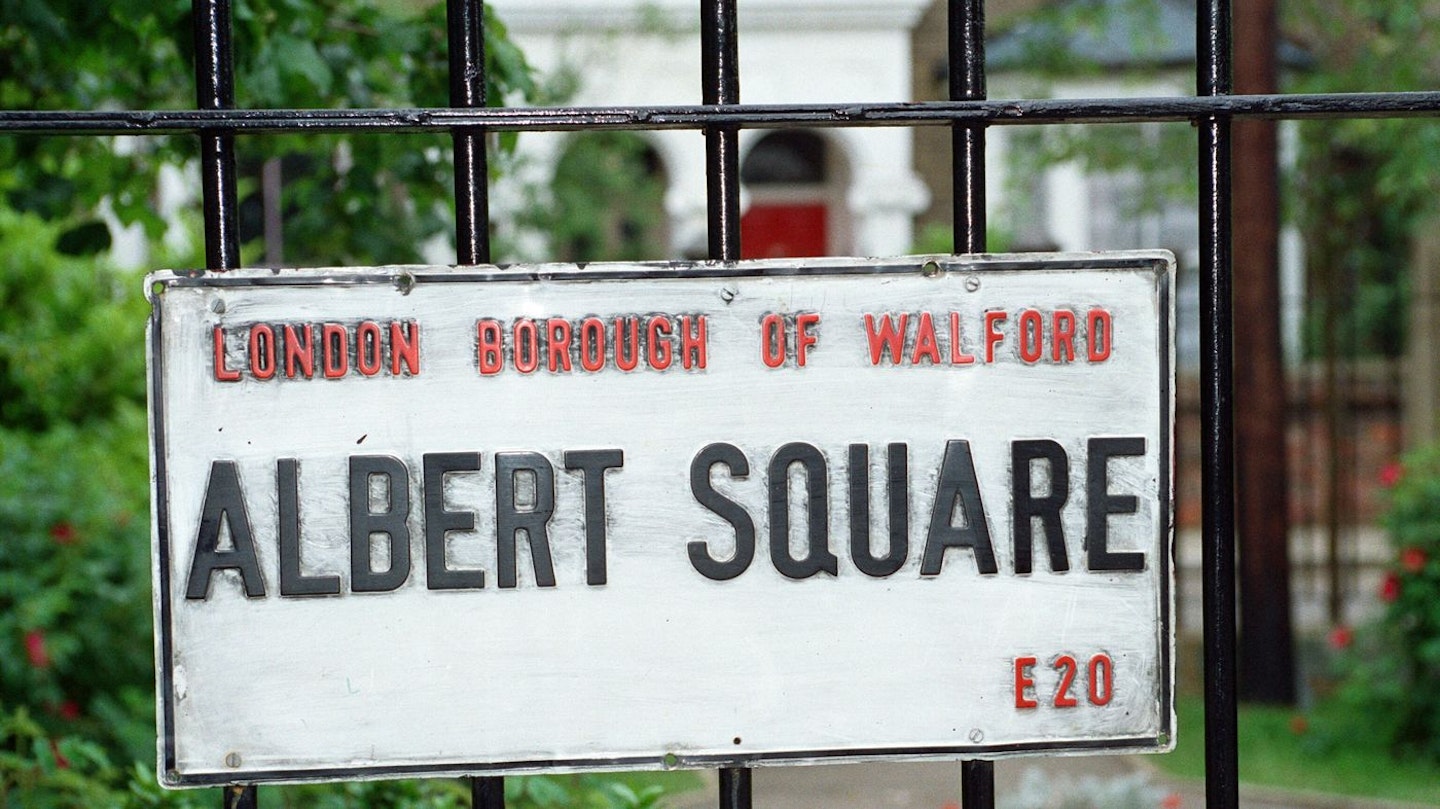 4 of 14
4 of 14From EastEnders To The Friends Reunion: Here's How Coronavirus Is Affecting Our TV Schedules
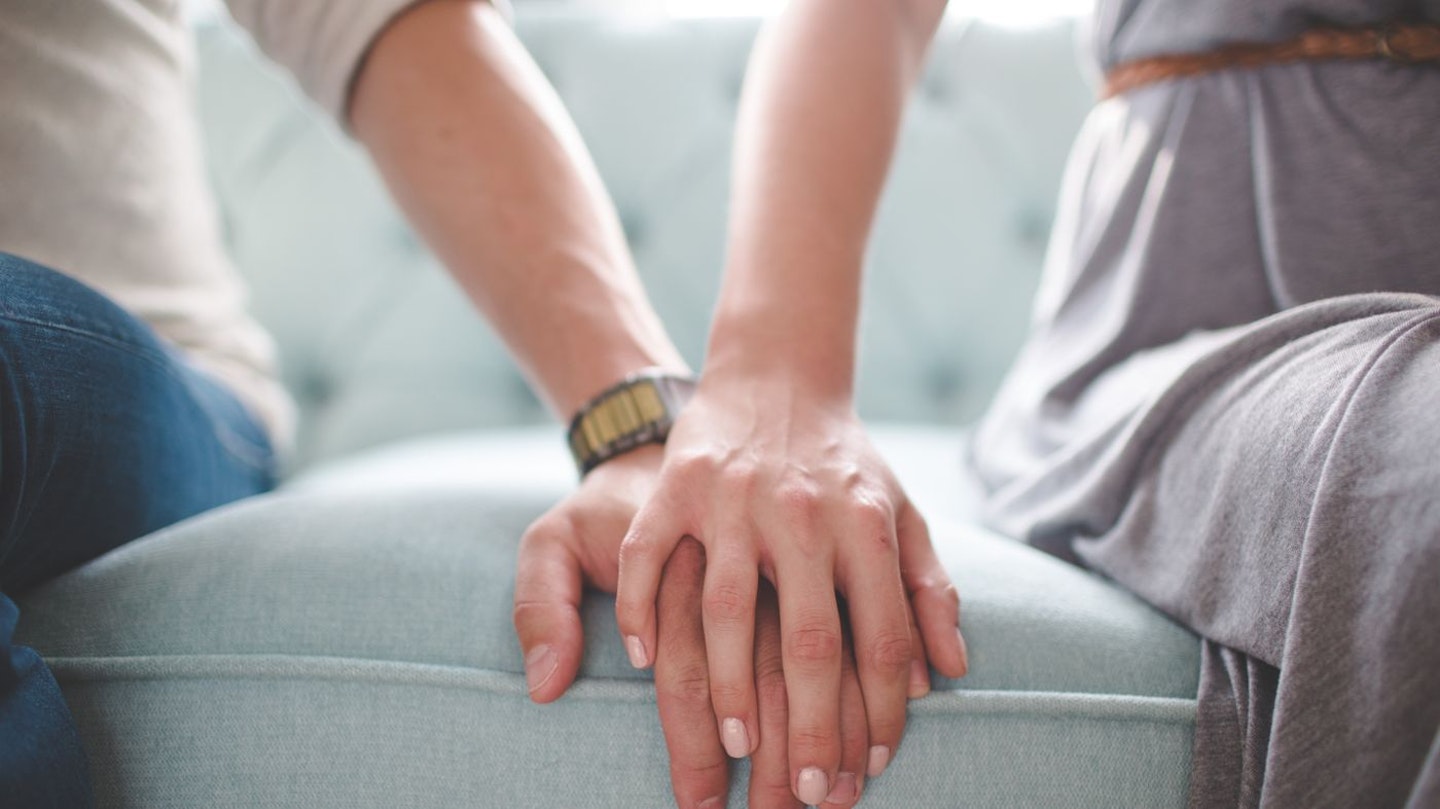 5 of 14
5 of 14Coronavirus: How To Survive Being Cooped Up As A Couple
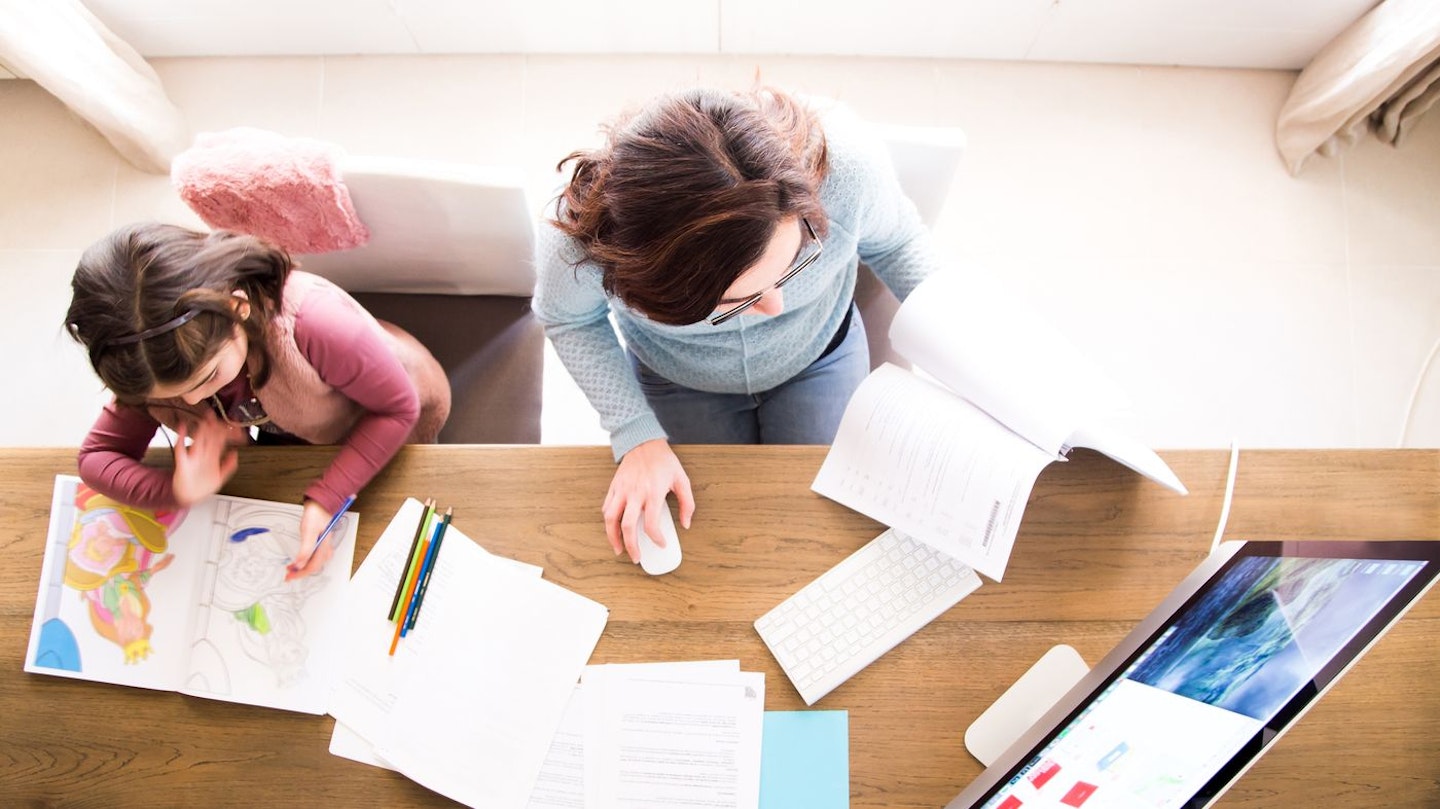 6 of 14
6 of 14Coronavirus And Parenting: The Importance Of Structure, Honesty And More TV Than Usual
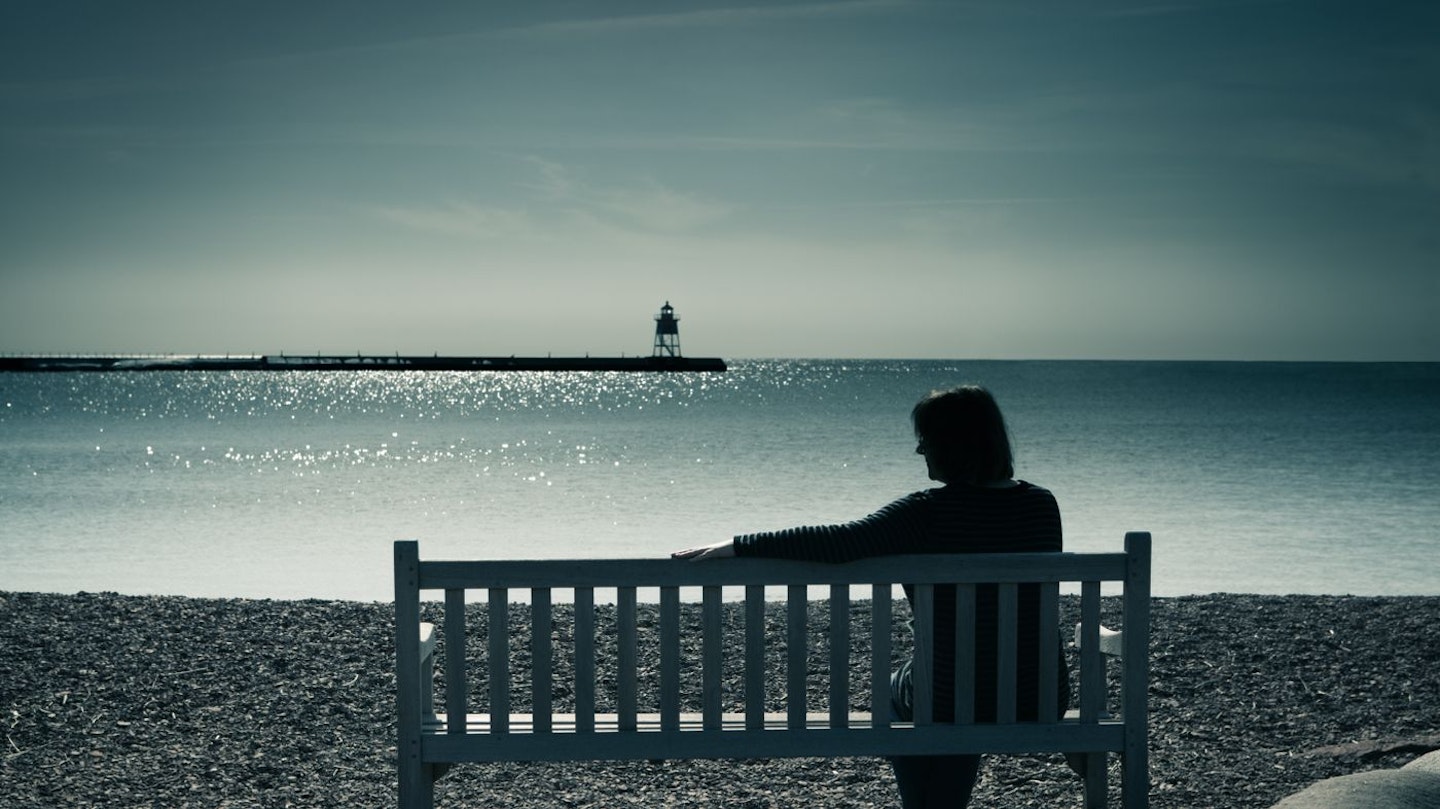 7 of 14
7 of 14How Coronavirus Is Changing My Relationship With My Mum, And My Daughter
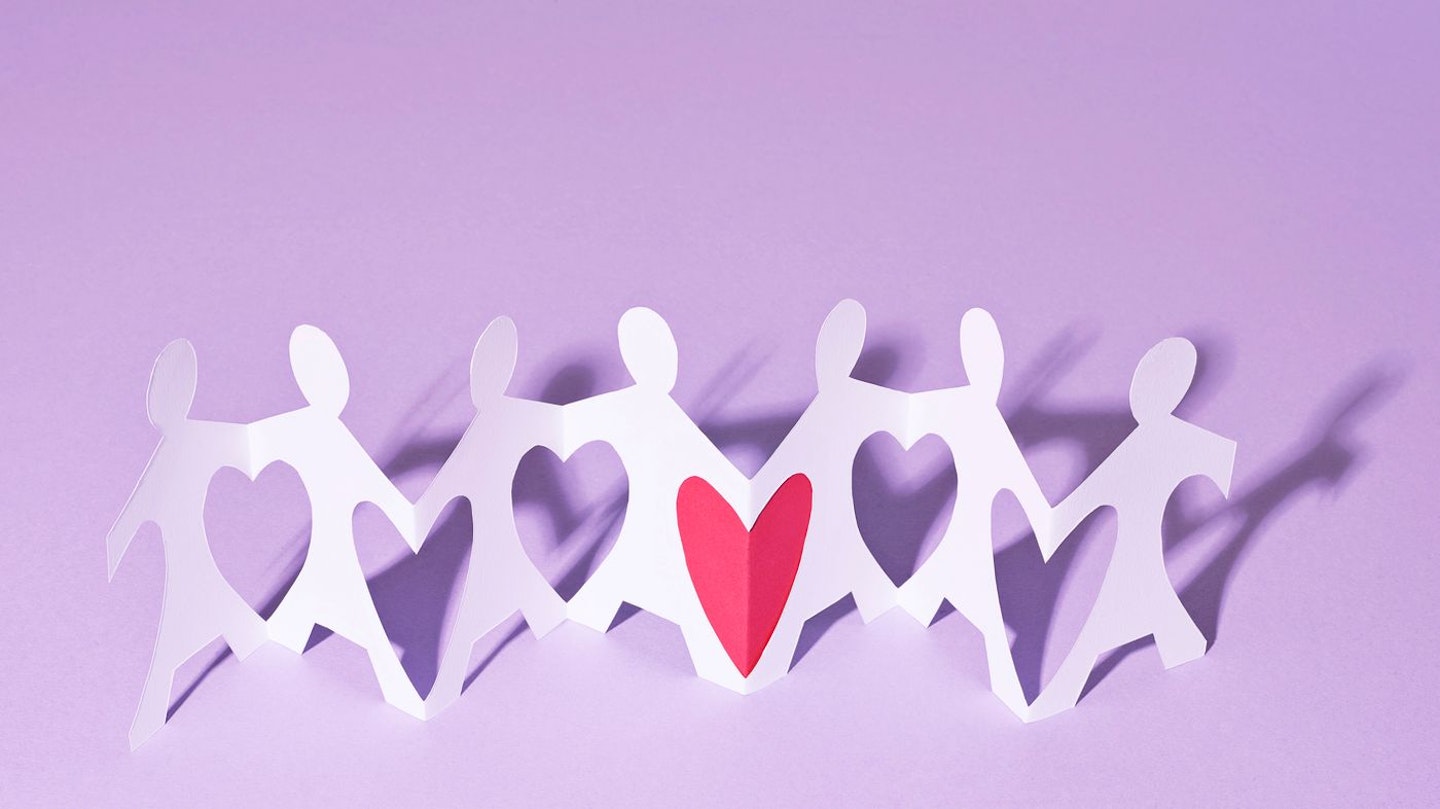 8 of 14
8 of 14Coronavirus: How To Help The Most Vulnerable Women In Society
 9 of 14
9 of 14Coronavirus: The Reality of Cancelling A Dream Italian Wedding
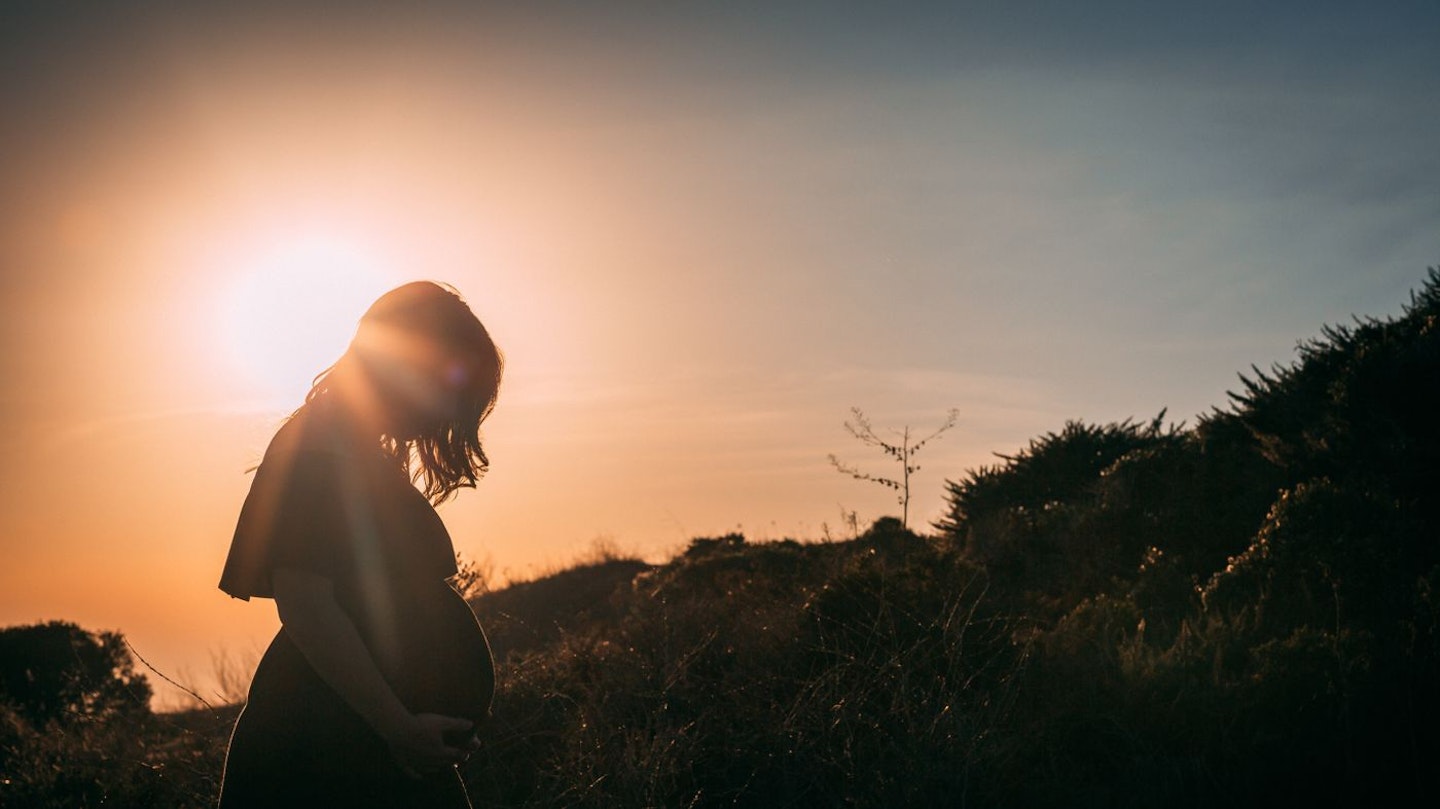 10 of 14
10 of 14‘I Just Have To Hope The Baby's Doing OK’: How It Feels To Be Pregnant Or Trying To Conceive During Coronavirus
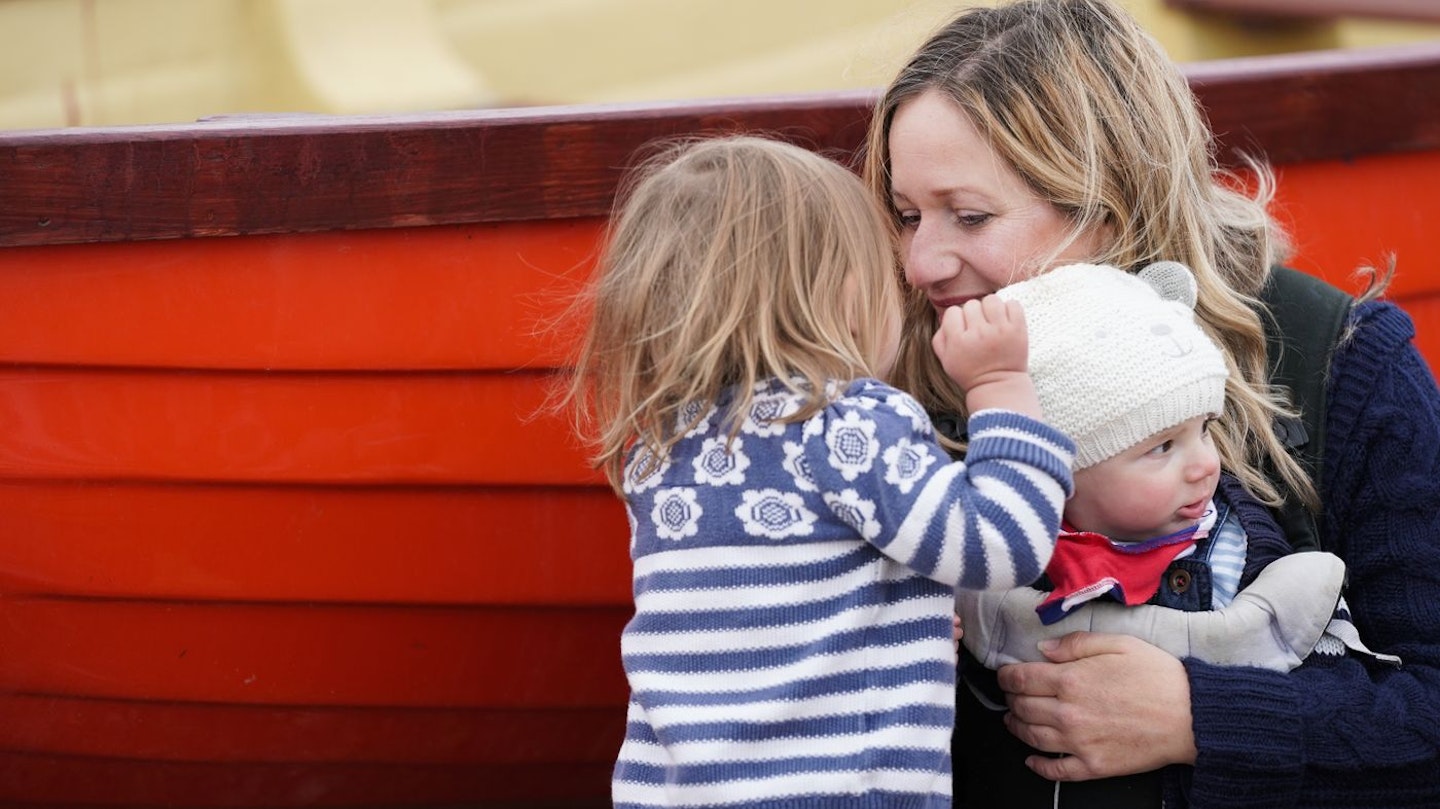 11 of 14
11 of 14Coronavirus: As A Solo Parent During A Pandemic, My Back-Up Plans Have Been Shaken
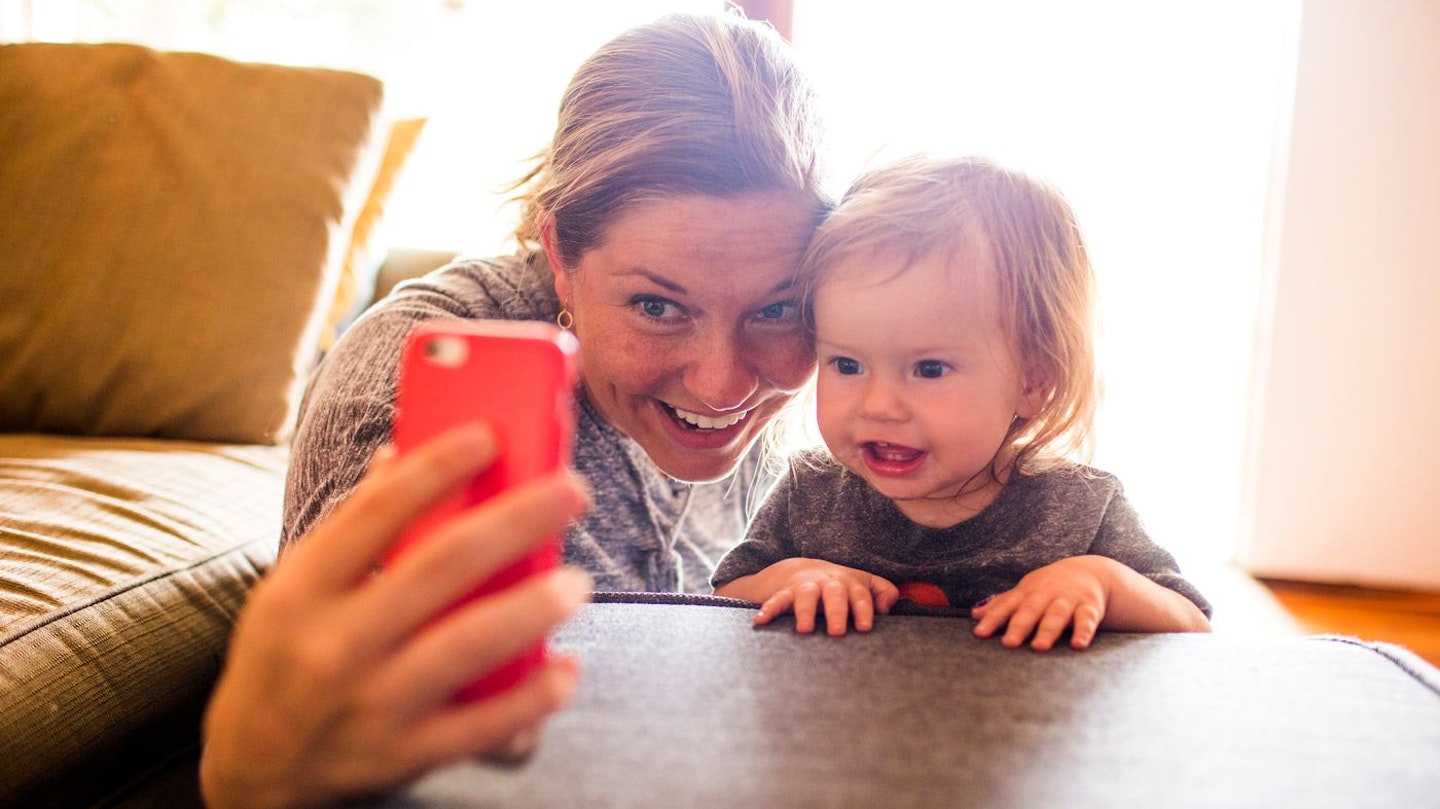 12 of 14
12 of 14Coronavirus: How Can We Celebrate Mother’s Day While Being Socially Responsible?
 13 of 14
13 of 14Coronavirus In Italy: What It's Like Living In Lockdown
 14 of 14
14 of 14